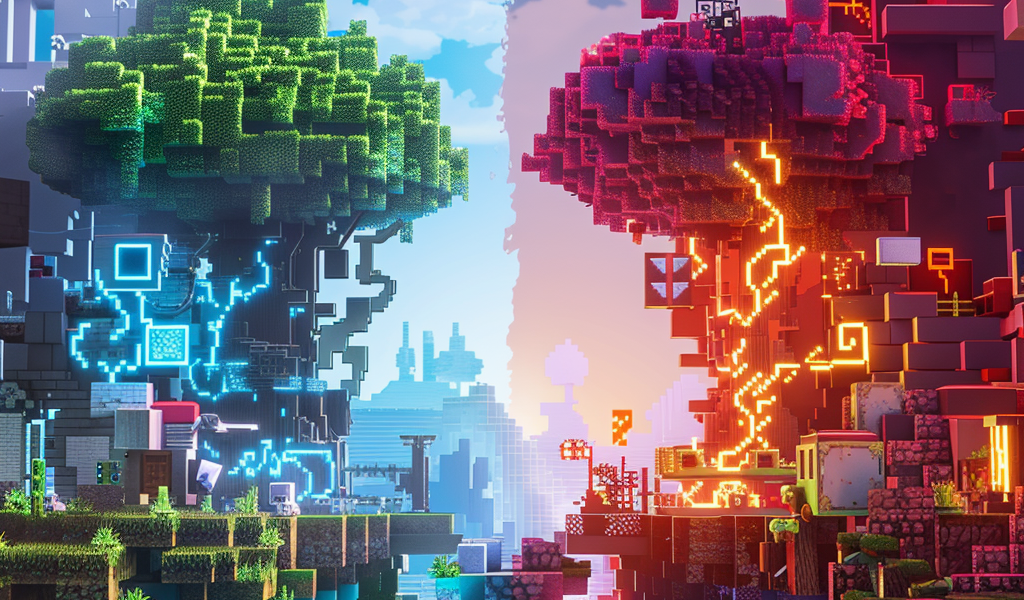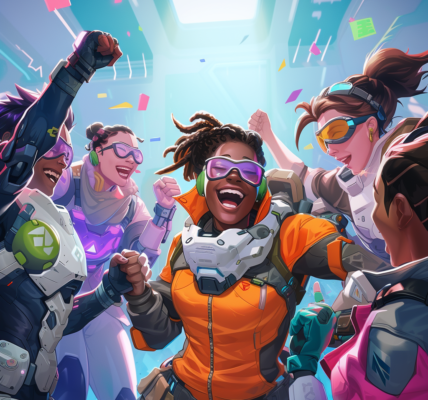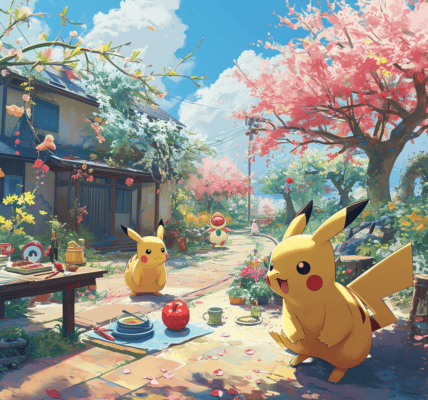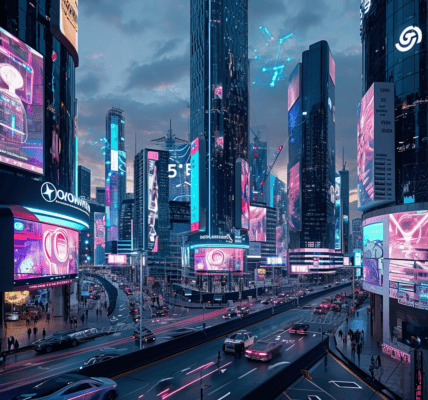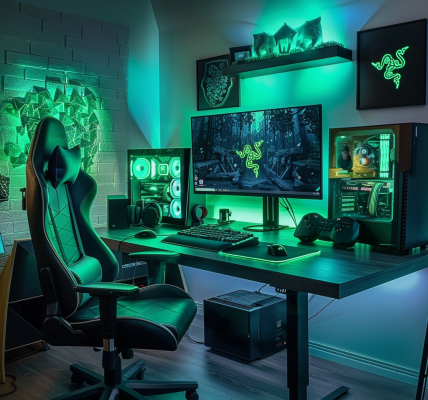In recent years, the rapid advancement of artificial intelligence has raised significant concerns about copyright infringement and intellectual property rights. As AI technology continues to evolve, instances of blatant plagiarism have become increasingly common, particularly in the gaming industry. A recent case involving an AI-generated game called Oasis has sparked controversy, with critics accusing its developers of copying the popular sandbox game Minecraft without any acknowledgment.
Since mid-2022, the internet has witnessed a surge in AI-generated content, leading to numerous legal battles over copyright violations. Despite ongoing lawsuits against prominent AI companies like OpenAI and Midjourney, the legal landscape surrounding AI remains murky, allowing for continued instances of generative plagiarism.
The latest controversy centers around Eteched and Decart, two relatively unknown AI startups that recently launched Oasis, which they claim to be the “first playable AI-generated game.” This announcement coincided with Halloween 2024, drawing attention to the game and its development process.
Oasis is touted as an interactive real-time world model that operates without a traditional game engine or any lines of code. Instead, it utilizes diffusion transformers to analyze player input in real-time, generating various gameplay elements such as physics, lighting, inventory, objects, and graphics. This innovative approach allows players to navigate and interact with the game world dynamically.
However, upon closer inspection, it becomes evident that Oasis bears a striking resemblance to Mojang’s Minecraft. Critics have noted that the game is essentially a near-exact replica of Minecraft, trained on extensive gameplay footage and user interactions from the original title. As a result, Oasis features similar visual styles, user interfaces, gameplay mechanics, and animations, albeit with a lower quality overall.
One notable aspect that distinguishes Oasis from Minecraft is the presence of AI hallucinations. Players have reported that the game experience can be unstable, with environments shifting unexpectedly when not in direct view. This aspect has led many to view Oasis as more of a proof of concept rather than a fully realized game.
The developers of Oasis have acknowledged the limitations of their creation, describing the current iteration as a work in progress. They have indicated that while the game showcases the potential of AI-generated content, it also highlights the challenges and inconsistencies that can arise from such technology.
This situation raises important questions about the implications of AI in creative fields. As AI continues to learn from existing works, the line between inspiration and plagiarism becomes increasingly blurred. The Oasis case serves as a stark reminder of the need for clearer guidelines and regulations regarding the use of AI in content creation.
As the gaming industry grapples with these challenges, it remains to be seen how developers, legal experts, and policymakers will address the ethical and legal ramifications of AI-generated content. The Oasis controversy underscores the urgent need for a comprehensive framework that protects intellectual property rights while fostering innovation in the rapidly evolving landscape of artificial intelligence.
In conclusion, the emergence of AI-generated games like Oasis has opened up new avenues for creativity and exploration in the gaming world. However, the ethical implications of such developments cannot be overlooked. As the industry navigates this uncharted territory, it will be crucial to strike a balance between embracing technological advancements and safeguarding the rights of original creators.

